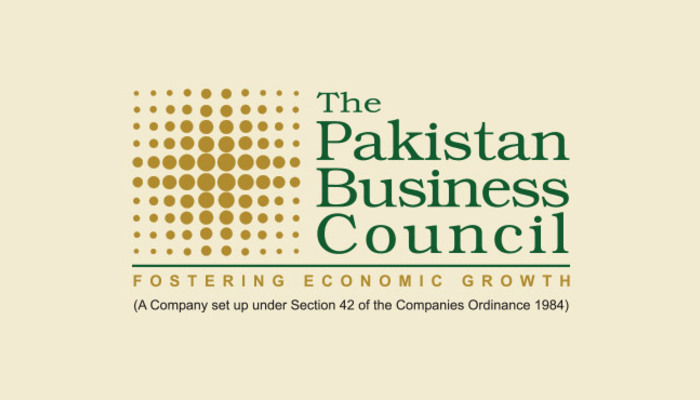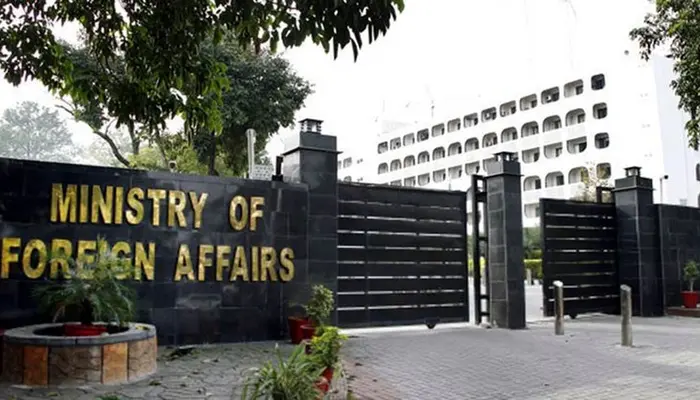
The Pakistan Business Council (PBC) issued a stark warning on Friday, highlighting a troubling trend that has seen several multinational companies (MNCs) either planning to relocate their back offices from Pakistan or having already done so in recent months. This development is seen as a significant blow to the country’s struggling economy, which is already grappling with high unemployment, sluggish growth, and a declining business environment.
The PBC’s warning came on the heels of a report by the Dubai Chamber of Commerce, which revealed that 3,968 Pakistani companies registered in Dubai between January and June 2024. This figure places Pakistan as the second-ranked country in terms of new business registrations in Dubai, a position that underscores the growing exodus of businesses from Pakistan. The number of companies registered in Dubai from Pakistan during this period represents a 17% increase compared to the same period in 2023, when 3,395 firms were registered. Last year, the Dubai Chamber of Commerce registered a total of 8,036 new Pakistani businesses.
The surge in Pakistani businesses relocating to Dubai is a clear indication of the increasing challenges faced by companies operating in Pakistan. The PBC pointed to widespread internet disruptions, particularly those caused by the imposition of a firewall, as a major factor driving MNCs to consider moving their operations out of the country. These disruptions have significantly affected the country’s tech industry, which is crucial for economic growth and job creation.
“This migration reflects a deepening lack of confidence in the government’s economic policies,” the PBC stated. The council identified several key factors contributing to this trust deficit, including the high cost of doing business, political uncertainties, soaring electricity costs, and deteriorating law and order. These issues have made it increasingly difficult for businesses to operate effectively in Pakistan, prompting many to seek more stable environments abroad.
The PBC also highlighted the broader economic implications of this trend, noting that the country is already struggling with the costs associated with idle capacity in power generation. This has led to unemployment, a loss of exports, and reduced tax revenue. Now, Pakistan faces the additional threat of idle capacity in the emerging software sector due to the poorly executed firewall, which has further compounded the country’s economic woes.
The tech industry has voiced serious concerns over the recent internet slowdown, warning that these disruptions could cost Pakistan up to $300 million. The PBC called on the authorities to address the issue by either improving the firewall or learning to apply it without causing unnecessary harm to employment and exports. The council emphasized that the IT and IT-enabled services sectors, along with agriculture and tourism, offer valuable opportunities to achieve the Prime Minister’s export targets over the next three years. However, high-speed connectivity is vital for realizing this potential.
The Overseas Investors Chamber of Commerce and Industry (OICCI) echoed the PBC’s concerns, warning that frequent internet disruptions could derail Pakistan’s economic progress. Similarly, the Pakistan Software Houses Association described these disruptions as not merely inconveniences but as a direct and aggressive assault on the industry’s viability, with financial losses potentially reaching $300 million or more.
As Pakistan continues to face significant economic challenges, the warnings from business leaders and industry associations underscore the urgent need for the government to address these issues. Failure to do so could result in further erosion of investor confidence, leading to more companies and talent leaving the country in search of better opportunities elsewhere.
Follow us on Instagram, YouTube, Facebook, Whats App, and TikTok for latest updates.
















